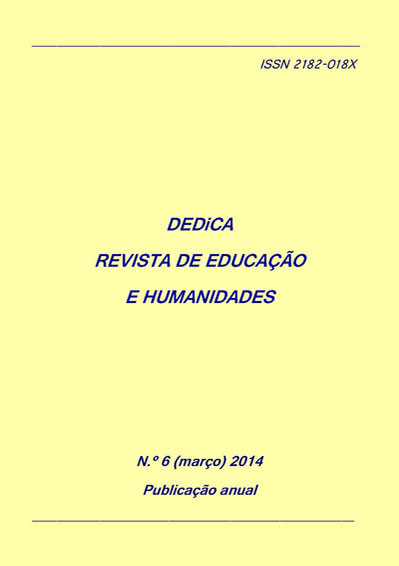Woman and Musical Education (school, conservatoire, university): two life stories at the crossroads of the Spanish 20th
Main Article Content
Abstract
Between 1936 and 1939, Spain lived though one of its worst historical and social periods: the Civil War. This was followed by forty years of a totalitarian regime that closed the doors to Europe and prevented the natural development of the country in many fields, including education. In this context, women suffered great a great shock as their work was suddenly confined to the domestic sphere: they had to maintain the family economy but could not have a bank account. A woman could take her children to school, but could not receive training herself.
Nevertheless, music was an extraordinarily useful means of personal development for women and achievement of a social and professional position, defeating the clichés and expectations assigned to their sex.
This work aims to: (1) draw attention to the life and the careers of six women who started their musical training in the last decades of the XIX century or at the beginning of the XX century and who occupied important posts both in educational and artistic areas, such as university teachers or renowned concert performers; (2) emphasize the educational, social and professional difficulties that they had to face in order to make a space for themselves in a system created by and for men. Thus, in this paper we intend to underline the major work that they carried out in Spain’s complex circumstances during the first half of the XX century.



